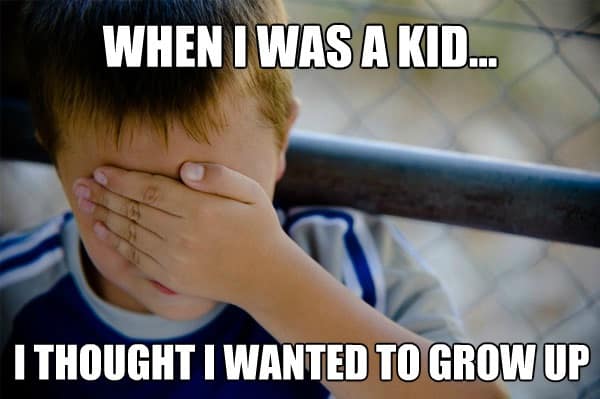Reading the New York Times article written by Turkle, The Flight From Conversation and comparing that to the article written by Michael Wesch, Anti- Teaching: Confronting the Crisis of Significance it was challenging for me because I felt these authors wrote about different ideas. Though, I wouldn't necessarily label these two as opponents, more as allies.
To begin, I really enjoyed the piece by Turkle, her main idea conveyed human communication in the 21st century, and how so many of us are committed with using technology to communicate, rather than having face-to-face interaction. Not only do we desire to have our phones on us at all times, we would rather have that simple, short, conversation over messaging. "As we ramp up the volume and velocity of online connections, we start to expect faster answers. To get these, we ask one another simpler questions; we dumb down our communications, even on the most important matters." I also notice from being in my classroom, that if technology isn't loading as soon as my students press "enter" they become frantic. This article was written in 2012 and still very relatable in 2019. I picked up that it was a few years ago by how she told a story about an businessman notices everyone is busy around on their email, and he doesn't want to interrupt them. Meanwhile, he corrects himself by stating, they may be busy but I'm the one who actually doesn't want to be disturbed, "I'd rather just do things on my Blackberry" he says.
I especially relate to Turkle's article when she explains, "when people are alone, even for a few moments, they fidget and reach for a device. Here connection works like a symptom, not a cure, and our constant, reflexive impulse to connect shapes a new way of being." To be honest, this is how I usually feel 85% of the time when I am with my friends! And I am usually the one who says "Okay let's all put our phones on the center of the table and the first one who touches their phone has to pay the bill" competitive games usually motivate them, and at least I get the chance to have real conversations with them! We are all hanging out, what is the point to stay connected to the people who aren't with us right now...in this moment? It bothers me. (Anyway, that's my rant for the day...)
Relating this piece to Turkles article, creating that sense of a welcoming community in your classroom to really discover one another, and ourselves for who we really are is powerful. Not only will it bring students closer, but it may drive them to think for themselves, question reality, and question the world. He also made the point that I found relatable that, "Good questions are the driving force of critical and creative thinking and therefore one of the best indicators of significant learning. Good questions are those that force students to challenge their taken-for-granted assumptions and see their own underlying biases. Oftentimes the answer to a good question is irrelevant –the question is an insight in itself. The only answer to the best questions is another good question." Over my first few years of teaching, I was told to ask those higher-level thinking questions, though we don't put the emphasis on the students asking or responding with a thought-provoking question.
In summary, Turkle wants us to take a break from our phones and refocus on that face-to-face interaction, while Wesch, wants us to question. Question how we learn, question our purpose, question how we can change the world and where we can begin. I think we can use technology as a tool to guide those answers to those questions, I just would make sure we remember that collaborating and having that critical discussion piece with one another is also vital.



